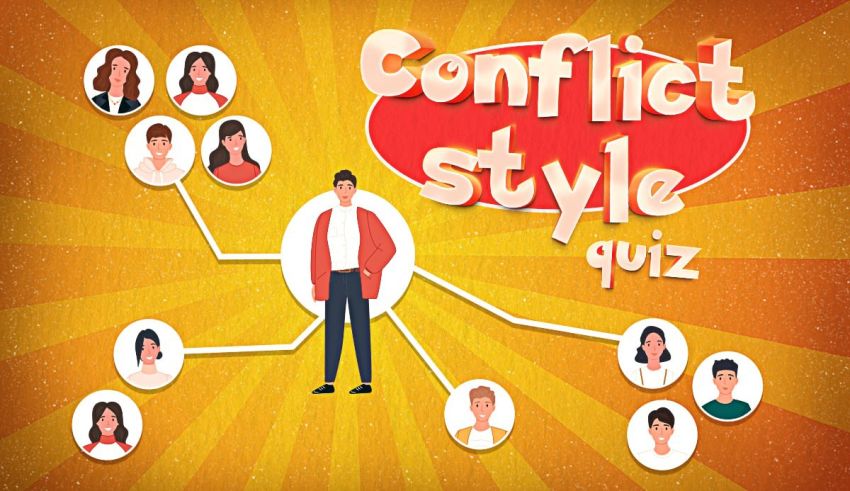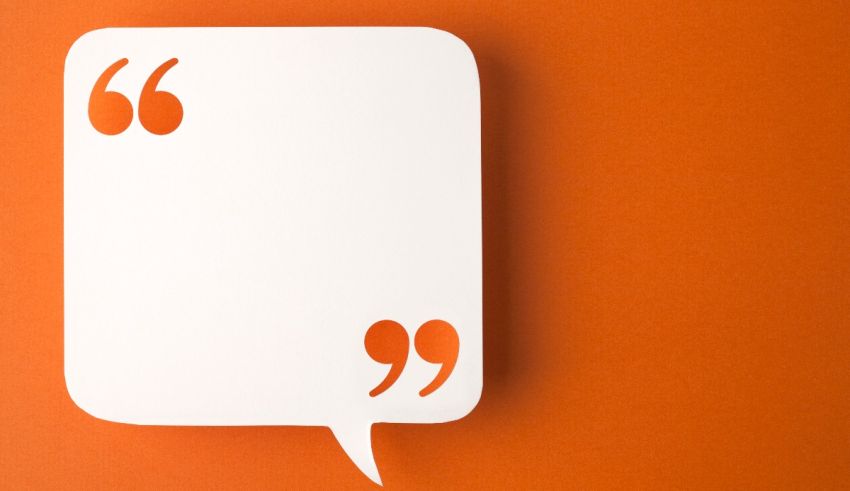
What Is the Relationship Conflict Style Quiz?
Inspired by the TKI Modes, the Conflict Style Quiz is an argument-style inventory. It determines which quarrel-handling type you have in romantic relationships. The test has five possible results: Accommodating, Avoiding, Collaborating, Compromising, and Competing.
| Conflict Style | Argument Priority |
| Avoider | Wants to end the argument |
| Accommodator | Wants to please their partner |
| Collaborator | Seeks collaborative, long-term solutions |
| Competitor | Prioritizes winning the argument |
| Compromiser | Values coming to terms |
TKI, also known as Thomas-Kilmann Conflict Mode Instrument, is a multilevel dispute assessment. With this test, participants get to see how they manage their anger and solve problems.
The current adaptation, however, uses TKI to expose conflict styles in relationships. Similar to the communication style test, it analyzes your responses to disagreements to decide if you’re a competitor, collaborator, compromiser, accommodator, or avoider.
What Are the Five Conflict Styles?
According to the TKI Mode, the five conflict styles are Accommodating, Avoiding, Compromising, Collaborating, and Competing. These types are categorized based on their assertiveness (self-centered attitude) and cooperativeness (altruistic behavior).
Here’s what each style signifies:
- Accommodating is prioritizing your partner’s needs.
- Avoiding is ignoring or escaping the argument.
- Competing is prioritizing your needs.
- Collaborating is looking for a genuine win-win solution.
- Compromising is meeting halfway.
How to Determine What Your Conflict Style Is?
To find out what conflict style you have, determine your anger type, review your thought process during arguments, and ask for your partner’s comment on your conclusion.
If you become self-centered when you’re mad, your style is the competitor. If you want to work together and seek long-term solutions, you’re a collaborator. If you value 50-50 equal solutions, you’re a compromiser, and if you prioritize pleasing your partner, you’re an accommodator. But if you escape arguments, you’re an avoider.
How to Better Your Conflict-Handling Type?
Dr. Ralph Kilmann, TKI Modes’ coauthor, says the first step to better your argument management is self-awareness. You must find out which style you use more often and why. The next step, he says, is practice. You should practice responding to disagreements with different approaches to enhance your emotional muscles.
Taking the Conflict Style Quiz could be your first step toward improving your anger reactions. You can also try the Multidimensional Anger Issue Test to learn more about your rage.
Take This TKI Quiz to Find Your Conflict Mode
Do you ask yourself, “Why do we argue so much?” If yes, don’t hesitate to take the Conflict Style Test because it has the answer. Most couples can’t stop arguing simply because they have incompatible argument-handling types.
Knowing your style helps to root relationship issues properly and solve them without unnecessary drama.
Hit the start button, answer 20 relationship questions, and discover your conflict style now.
Disclaimer
Although inspired by the TKI Mode, the Conflict Style Quiz is an independent personality test and intends no copyright infringement. The Myers Briggs Company owns the right to the mentioned argument style inventory.































